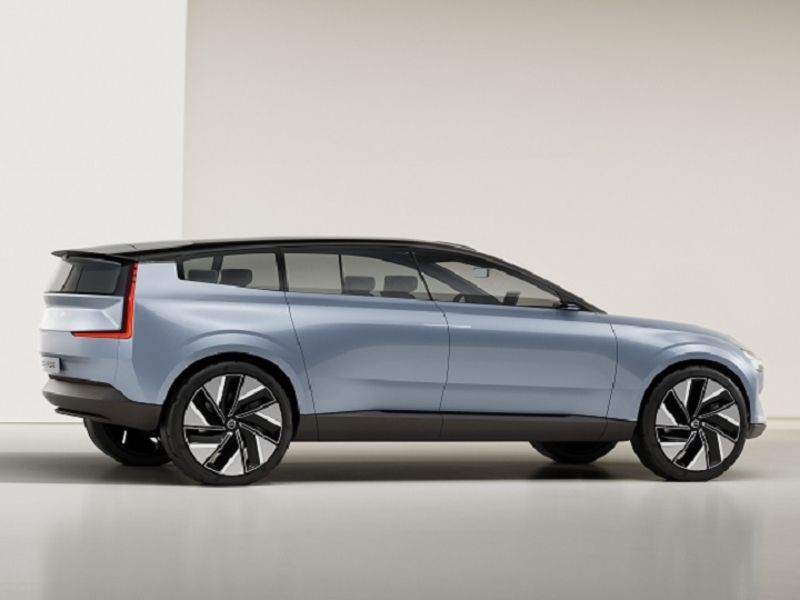
Volvo Cars laid out an extensive road map to becoming a fully electric car maker by 2030, including plans to sell 600,000 battery electric vehicles at mid-decade and build a European battery gigafactory in 2026.
Volvo also said it plans to equip many of its future vehicles with self-driving technology, including standard lidar sensors from Luminar Technologies and computers from Nvidia.
“Our goal is to build the safest cars possible, using all available technology,” CEO Hakan Samuelsson said during a briefing on Wednesday on its electric business strategy.
Volvo unveiled the Concept Recharge previews the automaker’s next generation of full-electric cars and the electric-only XC90 successor.
For its future electric vehicles, Volvo is working with Swedish partner Northvolt on a new generation of batteries with higher energy and designed to be packaged as a structural element of the vehicle.
The new batteries, due after 2025, will enable a longer driving range between charges – up to 625 miles (1,006 km) – and much faster charging times.
Volvo and Northvolt are planning to build a European battery plant in 2026 with 50 gWh production capacity – enough to supply 500,000 vehicles or more, depending on battery size. In comparison, Tesla Inc’s Nevada gigafactory has 35 gWh capacity.
Samuelsson said Volvo next year will unveil the first of its new-generation electric vehicles, a flagship SUV that will share its platform with additional models to follow.
The detailed presentation on Wednesday on Volvo’s future follows the scrapping earlier this year of a proposed merger with the company’s Chinese parent, Hong Kong-listed Geely Automobile. In March, Geely said Volvo would explore capital market options, including an initial public offering and stock market listing.

